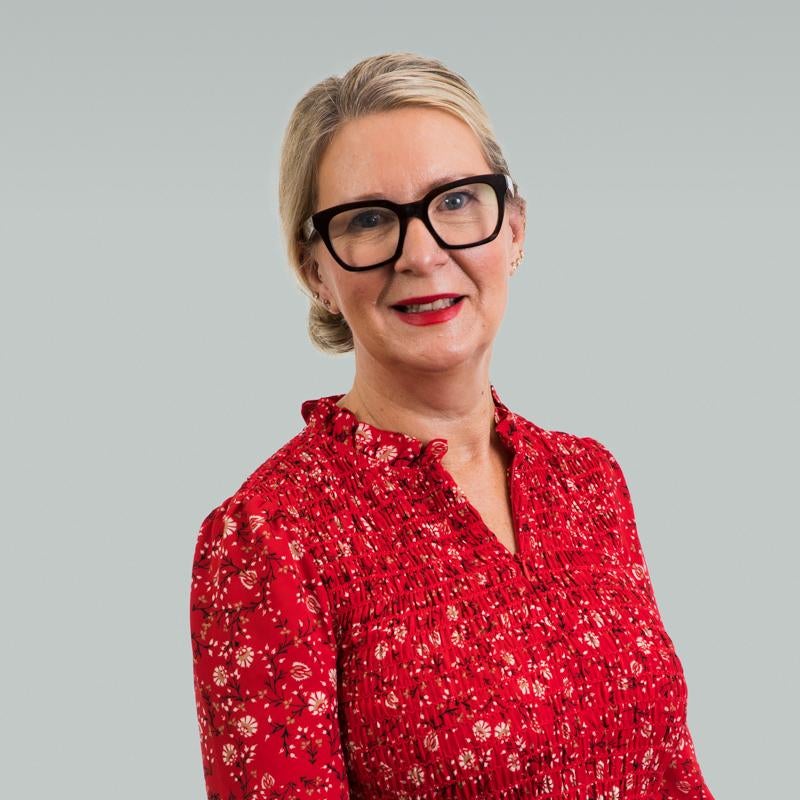To celebrate international youth day, The Accountant and International Accounting Bulletin asks professionals aged under 35 to share their thoughts on the profession: why they qualify as accountants, whether it was challenging and, now that they are in, how they see the profession and where it is going.
Tom Tesfay
Wilson Wright – member firm of DFK International
Generally, I believe that the profession is perceived highly by the public, and that accountants are well respected by business men and women. The ICAEW / ACCA (and other accountancy institutes) are world renowned and a well-respected authority on many key worldwide business related issues. Therefore, I considered the accountancy profession to be a solid career choice which could open the doors to other careers or jobs.
Even within the accountancy field itself there were so many options as to which way your career could go, for example going into; industry or practice, forensic accounting, management accounting, internal or external auditing, tax advice etc. Leaving University at 21 I knew I wanted to be in a finance role but I did not know necessarily which one. Completing the ACA qualification was a great way to enter the finance sector and understand the opportunities available.
It is a well-paid profession with progression. Looking at many of the CEO’s of the FTSE 100, you will note that many started with a career in finance or accountancy.
How well do you really know your competitors?
Access the most comprehensive Company Profiles on the market, powered by GlobalData. Save hours of research. Gain competitive edge.

Thank you!
Your download email will arrive shortly
Not ready to buy yet? Download a free sample
We are confident about the unique quality of our Company Profiles. However, we want you to make the most beneficial decision for your business, so we offer a free sample that you can download by submitting the below form
By GlobalDataUnlike some industries such as media or fashion, I believe you can get far within the finance sector and more specifically accountancy without necessarily ‘knowing the right people’. I believe those who work hard and show a good attitude will progress well. Perception is important as although the adage of accountants being dull still floats around (but is less prevalent), I believe accountants are still considered highly within society.
At times balancing work vs life can be difficult, especially whilst completing exams. Much of your spare time and weekends are spent studying and revising for exams. Another difficulty is that there is a steep learning curve and a significant knowledge gap at the very early stages of being an accountant, because the field is so wide.
Managing client’s expectations and personalities can also be difficult at times especially earlier on in your career, when you may not be overly sure of your position.
I believe the institute could do more to promote the activities it undertakes to cater for prospective young accountants, as for many people the institute is basically just a membership fee. It can feel that the institute is very much exams orientated, without necessarily aiding on the intangible skills required to progress within the sector such as dealing with clients, networking etc.
Generally I feel like the profession as a whole is on the cusp of some significant changes as technology continually advances. General compliance will become more and more automated and the role of accountants will likely differ in the minds of our clients. Some accountants may struggle with the changes; however the youngest and brightest will likely see this as an opportunity to imprint their personalities on the profession.





